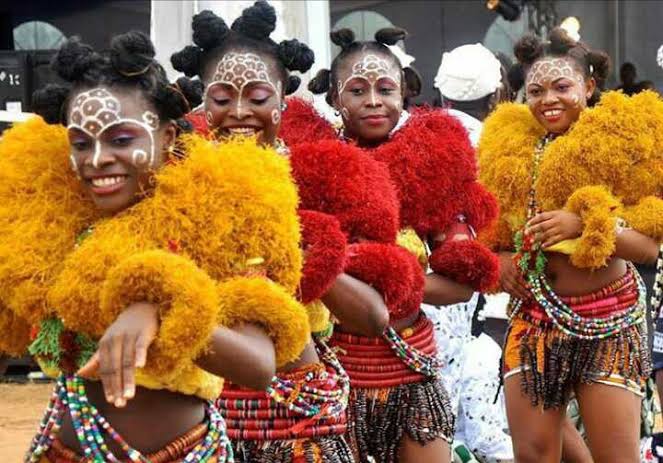Akwa Ibom is one of the 36 states in Nigeria with Uyo as its capital.
The state is divided into 31 local government areas and it is said that they were the first settlers in the present-day southeast.
Do you know the 3 major tribes in Akwa-Ibom state?
Akwa-Ibom is popular for its rich culture, cuisines and friendly people. In Akwa Ibom state, there are three major tribes which include Ibibio, Annang and Oron. Other subgroups include Eket, Ibeno, Itu Mbonuso and the Andonis.
Here’s what you should know about the three major tribes;
1) Annang
The Annang people also found in some parts of Cross River state have a rich cultural heritage, tradition, and custom. The language itself is part of the Benue-Congo language family and it is closely related to the Ibibio language.
Annang people are popular for their rich artistic traditions, including dance, music, and storytelling. It is said that they started out as farmers, fishermen, and traders, and today, as with lots of other tribes in Nigeria, they have grown to have professionals in various fields, including medicine, law, engineering, and education.
Some festivals celebrated by the Annang people are the Ekpe festival – the celebration of ancestral spirits, the Akwaowo festival, dedicated to young maidens, and the Edidiong festival, which marks the end of the farming season.
2) Ibibio
Ibibio, another major tribe in Akwa-Ibom state is also popular for its rich culture. The Ibibio people speak the Efik-Ibibio which is the language of the Kwa branch of the Niger-Congo family. This tribe is also similar to the Annang tribe and they are also found in Cross Rivers state.
Some festivals celebrated by the Ibibios include the Ekpo and Ekong festivals – celebrations of the ancestral spirits, and the Iwa Akwa and Ekimme festivals, which mark the beginning of the farming season.
3) Oron
The Oron tribe also found in Cross Rivers state, has a rich culture expressed in songs, folklore and dances. This tribe is unique in how they name children. In Oron land, a child is given a first name, then the father’s first name is the child’s middle name, and the family name is the child’s surname.
Oron people are also popular for being fishermen and have a long history of trading with neighbouring ethnic groups and Europeans. One popular festival celebrated by the Oron people is the ‘mbok’ cultural festival which involves traditional wrestling where young men prove their prowess.



